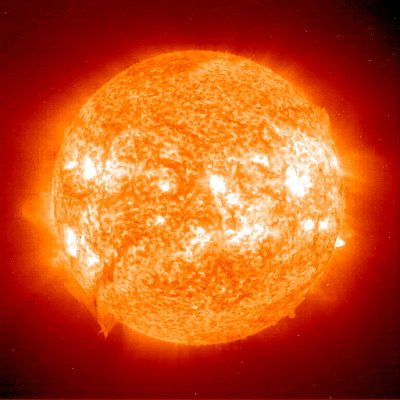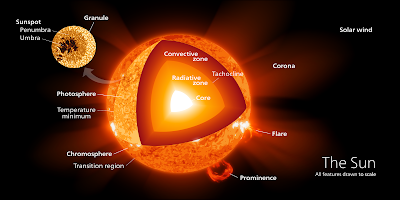Let's come to know the GOD's Science
Travel to Space mission.
The Multiverse.
 |
| The Multiverse |
The Universe
 |
| The Universe |
The Space
 |
| The Space |
 |
| The Galaxy |
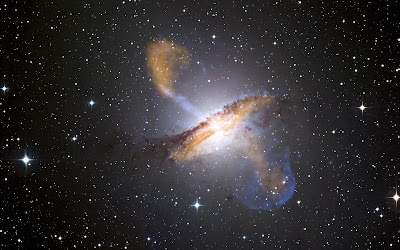 |
| The Galaxy |
 |
| The Milky Way |
 |
| The Black Hole |
 |
| The Black Hole |
The Solar System ( Solar Family )
 |
| The Solar System |
 |
| The Solar System |
 |
| The Planets |
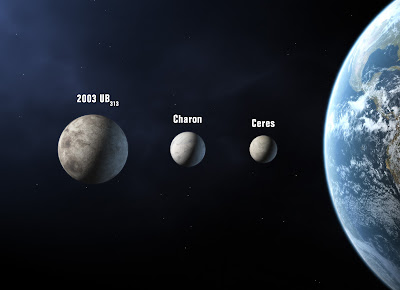 |
| The Sub Planets |
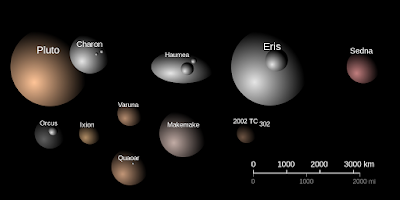 |
| The Dwarf Planets |
 |
| The Sun |
 |
| The Earth |
 |
| The Moon |
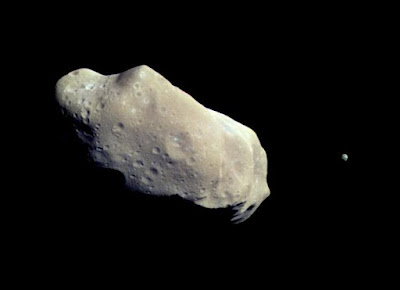 | |
| The Asteroid |
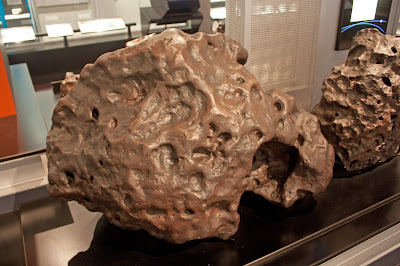 |
| The Meteoroid |
 |
| The Comet |
 |
| The Satellit |
 |
| The Spacecraft |


